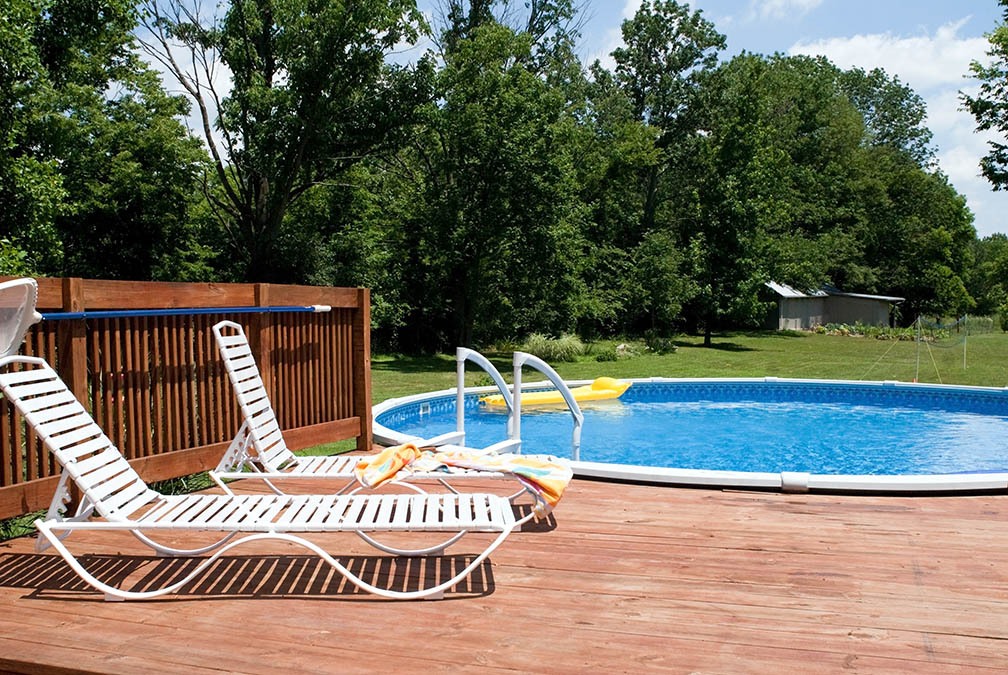 Homes are more than just a building. They are filled with memories of children taking their first steps, holidays that were celebrated with family members and friends, and Super Bowl parties filled with smiles and cheers.
Homes are more than just a building. They are filled with memories of children taking their first steps, holidays that were celebrated with family members and friends, and Super Bowl parties filled with smiles and cheers.
These memories are priceless; however, people cannot let emotions cloud their judgment when they are trying to sell a house. Instead, it is important to focus on the building. There are a few tips that everyone should follow as they try to figure out how much their home is worth.
Be Reasonable
The first tip is not to price a home too high out of the gate. While it is tempting to start high and reduce when necessary, the reality is that a price that is too high is going to scare off potential offers. It is better to start with a reasonable price that will get people interested. Then, if the offers start to pour in, there is a bidding war. The price will naturally take care of itself.
Upgrades Don’t Always Lead To A Higher Price
It is tempting to follow in the footsteps of TV shows and pour money into renovations that might lead to a large return on investment. The sad fact is that this is not always the case. Even though the homeowners might love the renovation, this doesn’t mean that a potential buyer will. Do not renovate purely to raise the value of a home. Upgrades can go out of style just as quickly as they came in.
Don’t Price Out Of Necessity
Never price a home based on a dollar amount that has to be reached. It is always better to price a home relative to what the market indicates. Nobody is going to make an offer on an overpriced home purely because that is how much money the seller needs to make.
Leave Emotions At The Door
Finally, do not price a home based on emotions. Yes, a home is a special place; however, remember that the home is on the market, not the memories. Instead, always price a home based on what the comparables are showing. This will lead to a smoother selling process, a higher price, and a bigger return on the initial investment.
 Home renovations can be an effective way to protect your home and family from natural hazards. Start by identifying the potential hazards in your area. This can include natural disasters such as earthquakes, hurricanes, floods, wildfires, and tornadoes, as well as man-made hazards such as gas leaks and fires. Once you’ve identified the potential hazards in your area, create a plan for how you will respond to them and prepare your home to take on these natural disasters and keep your home and family safe.
Home renovations can be an effective way to protect your home and family from natural hazards. Start by identifying the potential hazards in your area. This can include natural disasters such as earthquakes, hurricanes, floods, wildfires, and tornadoes, as well as man-made hazards such as gas leaks and fires. Once you’ve identified the potential hazards in your area, create a plan for how you will respond to them and prepare your home to take on these natural disasters and keep your home and family safe. If you are looking for a way to add value to your house, you may have thought about putting in a pool. After all, this is a great way to cool off during the summer while entertaining your family members and friends. At the same time, does a pool increase the value of your property? Learn more about the benefits and drawbacks below.
If you are looking for a way to add value to your house, you may have thought about putting in a pool. After all, this is a great way to cool off during the summer while entertaining your family members and friends. At the same time, does a pool increase the value of your property? Learn more about the benefits and drawbacks below.